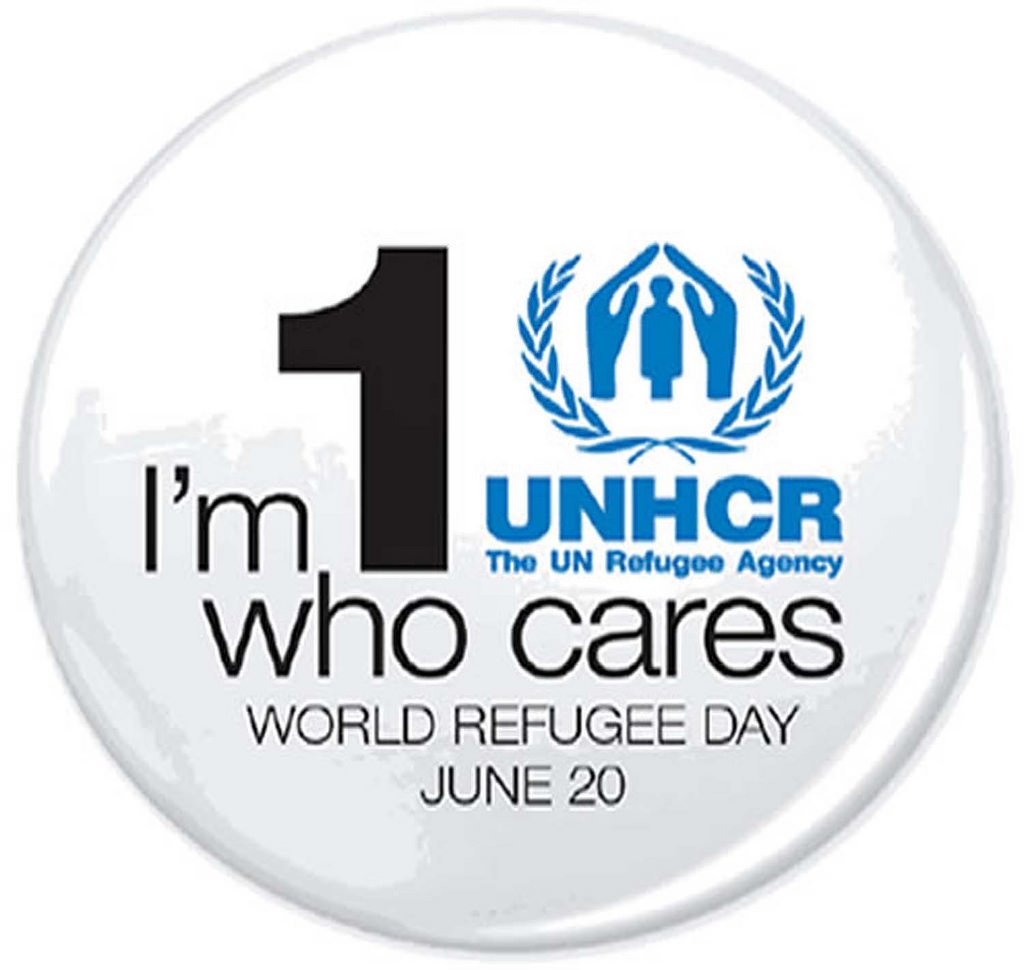Today, June 20, is World Refugee Day, an international day of observance dedicated to raising awareness of the situation of refugees throughout the world.
Q1 hedge fund letters, conference, scoops etc, Also read Lear Capital: Financial Products You Should Avoid?
We’ve reached out to some leading minds in emerging technology to shed light on how blockchain is combating some of the most severe issues facing refugees such as the global identity crises. With more than 1.1 billion people worldwide without an ID, these experts discuss how leveraging blockchain could deliver digital identities for those most vulnerable.
Please see some commentary below from industry experts Nydia Zhang, Co-founder and Chairwoman of Social Alpha Foundation, Joseph Thompson, Co-founder and CEO of AID:Tech and Bruce Silcoff, CEO of the Shyft Network.
Nydia Zhang, Co-founder and Chairwoman of Social Alpha Foundation, a not-for-profit grant making platform supporting blockchain technology for social good, commented:
“Self Sovereign Identity, a key-based, on-chain decentralized digital identity, for example, can potentially help iron out the inefficiencies associated with the issuance of government paper-based IDs, allows people to reclaim control of their own information, and provides international protection for refugees and the ‘invisible population’ (the stateless or those who don’t have IDs).
It’s important to acknowledge that our identities need to be protected, and blockchain can help alleviate the problem of identity theft and the violation of data privacy.”
Joseph Thompson, Co-founder and CEO of AID:Tech, the company transforming how governments, NGOs, and Enterprises deliver digital entitlements, said:
“Refugees, especially those in protracted crises, are vulnerable, particularly when we look at the challenge of identity. Not only do refugees need to reformulate their personal identity to secure a sense of belonging, but also it’s imperative from a legal, social, and political perspective. Needless to say, the issue is more complex than simply assigning each individual an identity card, as global crises happening throughout the world are different and varied with refugees and their situation experiencing a constant flux.
The importance of identity has actually become a high priority topic in the humanitarian and development contexts. The UN has highlighted identity within the Sustainable Development Goals with the World Bank introducing guiding principles on how identification systems should be designed - encouraging signs. However, there is still significant progress to be made to address issues surrounding identity for the vulnerable. Identity systems are increasingly prolific but they are not necessarily addressing the fundamental needs of refugees eg. identity systems that are put in place for quota purposes but do not address the wider implications of being unidentifiable. An effective identity solution needs to be flexible, reliable and sustainable while also accommodating the transitional circumstances often faced by refugees. This is particularly crucial and alarming when we consider that refugee children are being born with the risk of missing out on legal identity; the foundation for access to formal services, including healthcare and education.”
Bruce Silcoff, CEO of the Shyft Network, the world’s first modern, secure, multi-stakeholder Blockchain-based digital identity solution that enables KYC/AML attested data transfers, said:
"Our team at Shyft believes that identity is a right, not a privilege. We are evolving into a world where geography increasingly defines destiny, and that has to change. We are witnessing millions of refugees, migrants and asylum seekers crossing borders to escape violence and build better lives for themselves and their families, only to run into institutional barriers, unable to access basic services and participate in the global economy.
Shyft is building a blockchain-based, cryptographically secure network that can help these individuals gain access to the global economy by giving them a way to build Creditability, a contextual identity based on reputation and credibility. We are breaking down walls and silos to build bridges that transcend borders, and working with established and up-and-coming organizations to disrupt the way identity is assessed and managed. Given the extent of the global identity crisis, it has never been more important to work on solutions that will help build a more fair and inclusive future for everyone."






